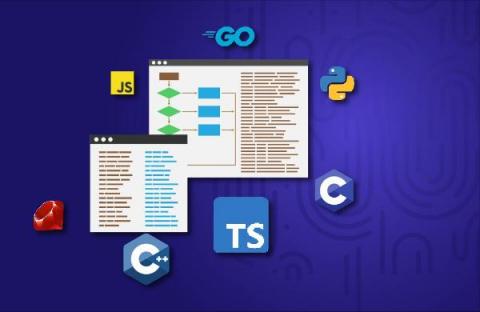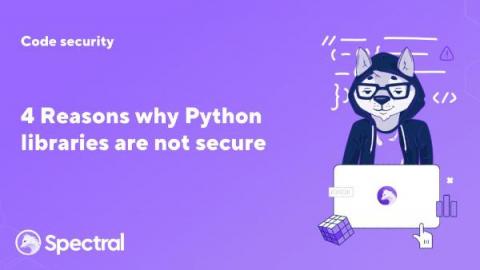Security | Threat Detection | Cyberattacks | DevSecOps | Compliance
Latest News
8 Best Secure Photo Apps in 2023
OSPO security evolution: The Kübler-Ross Model of open source
What’s in an OSPO? Open Source Program Offices are popping up all over, in recognition of the facts on the ground: open source software (and I would argue open standards as well) plays an enormous role in building and maintaining the software that increasingly drives the planet.
Why Open Source License Management Matters
The ongoing rise in open source vulnerabilities and software supply chain attacks poses a growing threat to businesses, which heavily rely on applications for success. Between 70 and 90 percent of organizations’ code base is open source, while vulnerabilities such as Log4j have significantly exposed organizations to cyberattacks.
4 Reasons why Python libraries are not secure
The Don’t Repeat Yourself (DRY) Principle is one of Python’s most used software development principles. It aims to reduce the repetition of software patterns and algorithms by using package libraries and boilerplate templates to improve product release efficiency.
Arctic Wolf Labs Named Open-Source Tool Creator of the Year by SANS Institute
Lateral Movement with CrackMapExec: A Tutorial
CrackMapExec is an open-source tool that leverages Mimikatz to enable adversaries to harvest credentials and move laterally through an Active Directory environment. This blog post details how this tool works and offers a solution for defending against it.
Snyk in 30: Open source security for Atlassian Bitbucket Cloud
In our latest Snyk in 30, Jason Lane (Director of Product Marketing) and I (Marco Morales, Partner Solutions Architect) showcased Snyk Open Source with a focus on our integration with Bitbucket Cloud. They covered why open source security is vital for modern app development, along with tips on taking a holistic approach to application security that goes beyond just shifting left.
What We've Learned About Reducing Open-source Risk Since Log4j
I share a birthday with the Log4j event. However, unlike this event, I’ve been around for more than one year. On December 9th, 2021, a Tweet exposed a zero-day vulnerability in Log4j, a widely-used piece of open-source software. The announcement made headlines everywhere, and cybersecurity was suddenly put in the spotlight. It was a wake-up call for many because, in an instant, software that had been considered secure was suddenly at tremendous risk.
Discovered new BYOF technique to cryptomining with PRoot
The Sysdig Threat Research Team (TRT) recently discovered threat actors leveraging an open source tool called PRoot to expand the scope of their operations to multiple Linux distributions and simplify their necessary efforts. Typically, the scope of an attack is limited by the varying configurations of each Linux distribution. Enter PRoot, an open source tool that provides an attacker with a consistent operational environment across different Linux distributions, such as Ubuntu, Fedora, and Alpine.











